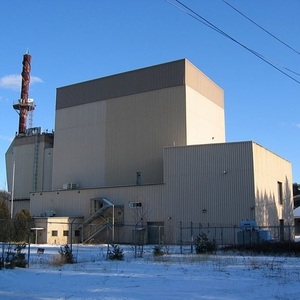New Hampshire legislature overrides veto of biomass bill




SupportNHbiomass
September 13, 2018
BY Erin Voegele
Advertisement
Advertisement
Related Stories
A bill introduced by Sen. Cory Booker, D-N.J., would require the U.S. EPA to alter the way it assesses lifecycle GHG emissions from forest biomass. ABEA stresses that any accurate assessment must account for the alternative fate of biomass fuels.
A bioenergy with carbon capture and storage (BECCS) project under development in Sweden by Stockholm Energi was awarded planning approval on March 28 by the country’s Land and Environmental Court.
Waste-to-energy provider Covanta has announced the next milestone in its strategic evolution as a pioneering sustainable waste solutions company with its new identity: Reworld.
The U.S. DOE has opened a funding opportunity making up to $25 million available to support clean energy technology deployment on Tribal lands. Projects fueled by biomass, biogas, RNG or renewable hydrogen are among those eligible for the funding.
The International Biomass Conference & Expo was held in Richmond, Virginia, in early March.





